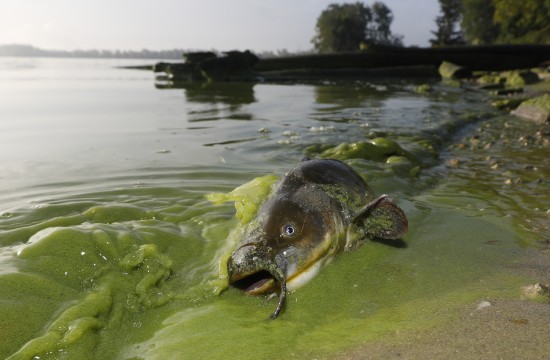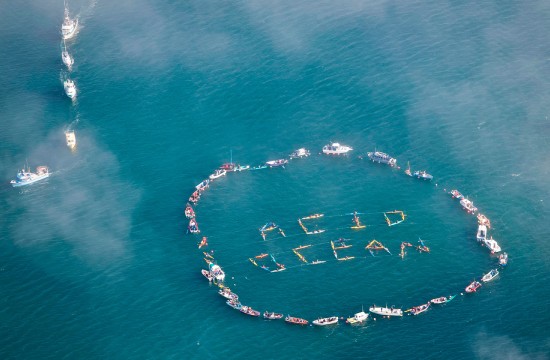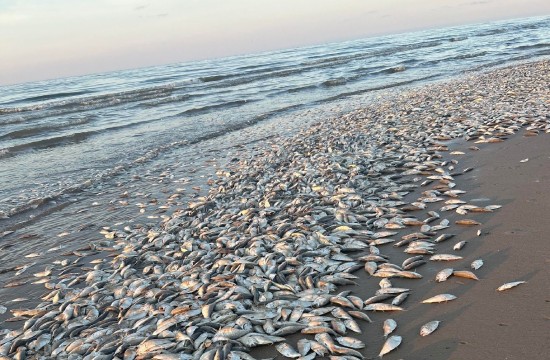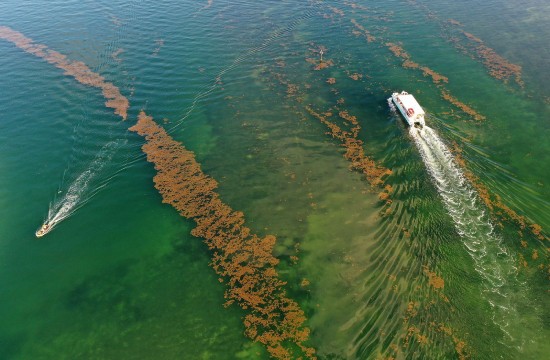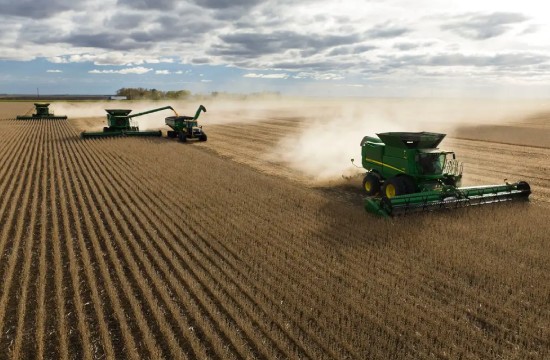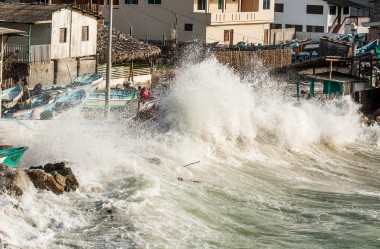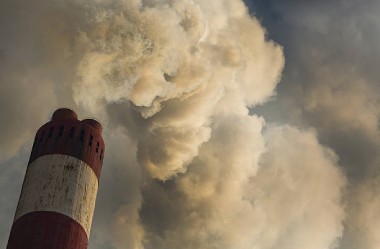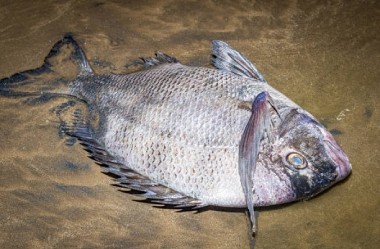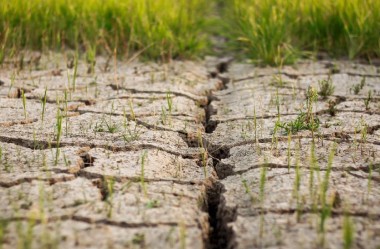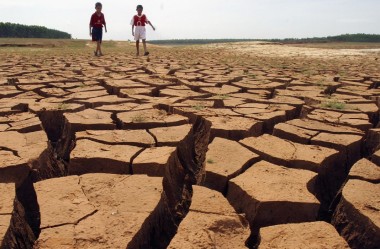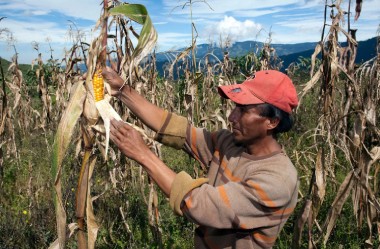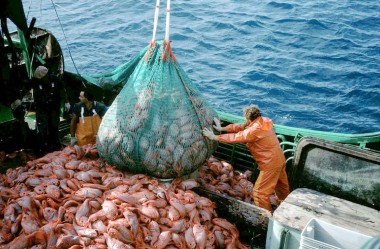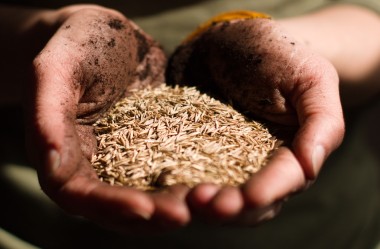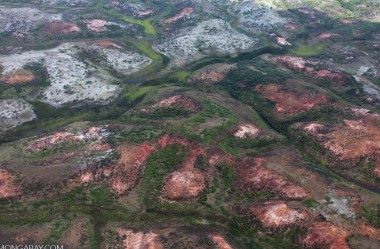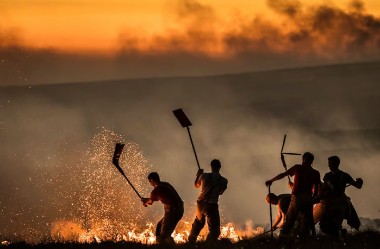Our Food, Our Changing Climate: A Growing Challenge
How we grow food is intricately linked to climate change, and both are on a collision course. Here's a glimpse into the worrying intersection:
- Double Trouble: A growing population demands more food, putting pressure on land use for agriculture. This can lead to deforestation and habitat loss, further accelerating climate change.
- Unstable Weather: Climate change disrupts weather patterns, bringing unpredictable rainfall, droughts, and extreme weather events. These can devastate crops and reduce yields, impacting food security.
- Greenhouse Gas Gusher: Agriculture contributes a significant share of greenhouse gas emissions, including methane from livestock and nitrous oxide from fertilizers. This adds fuel to the fire of global warming.
- Water Worries: Food production is a major water consumer. Climate change can lead to water scarcity, making growing crops and raising livestock even harder.
- Land Degradation Blues: Unsustainable agricultural practices and climate change are accelerating land degradation. This means less fertile land for growing food, creating a vicious cycle.
- Unequal Burden: Climate change's negative impacts on food security will be felt most severely in low-income countries, exacerbating existing inequalities.
The complex web of challenges highlights the urgent need for action. We must find ways to manage land more sustainably, reduce greenhouse gas emissions across all sectors, and develop more resilient food systems. If we fail to act, the future of our food security hangs in the balance.
The urgency of taking action to address climate change and land degradation
- Climate change and human pressure are straining the world's land resources.
- Land management can be part of the solution to climate change, but it's not enough. Reducing greenhouse gas emissions from all sectors is crucial.
- Sustainable land management is essential for food security, especially as the population grows and climate change disrupts agricultural yields.
- Land degradation and desertification are worsened by climate change, reducing its productivity and making it harder to grow food.
- Food security is at risk from climate change, with more extreme weather events, yield decline, and disruptions to food supply chains.
- Dietary changes towards more plant-based foods can help reduce greenhouse gas emissions and improve food security.
- Early action is needed to manage risks and reduce vulnerabilities in land and food systems. This includes reducing food waste, improving nutrition, and ensuring equitable access to food.
Challenges of Reducing Emissions from Agriculture
While agriculture feeds the world, it also presents a significant obstacle in the fight against climate change. Greenhouse gas (GHG) emissions from agricultural production will rise dramatically by 2050, exacerbating global warming. Here's a closer look at the significant challenges associated with curbing these emissions:
Livestock Methane:
- Biological Hurdle: Ruminant animals, like cows and sheep, naturally produce methane during digestion – a potent greenhouse gas with a significant warming impact. Altering their digestive processes to reduce methane production remains a scientific hurdle.
Nitrogen Fertilizer Quandary:
- Delicate Balance: Nitrogen fertilizers are essential for plant growth, but excess application releases nitrous oxide – another potent greenhouse gas. Balancing the need for increased food production with minimizing fertilizer presents a complex challenge.
Rice Paddy Methane:
- Wetland Woes: Rice cultivation requires flooded paddies, which create ideal conditions for methane-producing microbes. Finding alternative rice cultivation techniques that are both productive and reduce methane emissions remains a challenge.
Energy Reliance:
- Fossil Fuel Dependence: Agricultural activities, from powering machinery to food processing, often rely heavily on fossil fuels, contributing significantly to overall GHG emissions. Transitioning to cleaner energy sources throughout the agricultural supply chain is significant.
A Looming Threat:
The projected increase in agricultural emissions – an estimated 7 to 9 gigatons per year by 2050 – presents a daunting obstacle. This rise, combined with emissions from land-use change, threatens to derail global efforts to mitigate climate change.

